10 Everyday Things For Your Eyes
Digitalization of things has made life easier but you need to be a little more cautious about your eyes. You should make sure that you don’t strain your eyes while consuming digital content. This blog is about primary eye care and you will be surprised to know how primary care can help maintain your eyes in good health.
Facts:
- An estimated 895 million people worldwide will have developed vision impairment by 2050 – The Lancet
- It will be a 150% increase over 30 years
- More than 90% of the world population of 65 years of age will have cataract
- Half of the population between ages 75-85 will have vision loss due to cataract
- By the age of 80, one person 80 will have glaucoma
Here you can argue about how digitalization will impact the eye health of the world population. You should know that consuming digital content strains eye muscles which can lead to a sore neck and blurred vision. With aging, the problem could deteriorate to cataract and other problems.
But there is little to worry about your eye health if you are taking necessary precautions like limiting your screen time, wearing sunglasses, and going for a routine eye exam.
Here’re 10 Steps For Primary Eye Care
Go For An Eye Exam
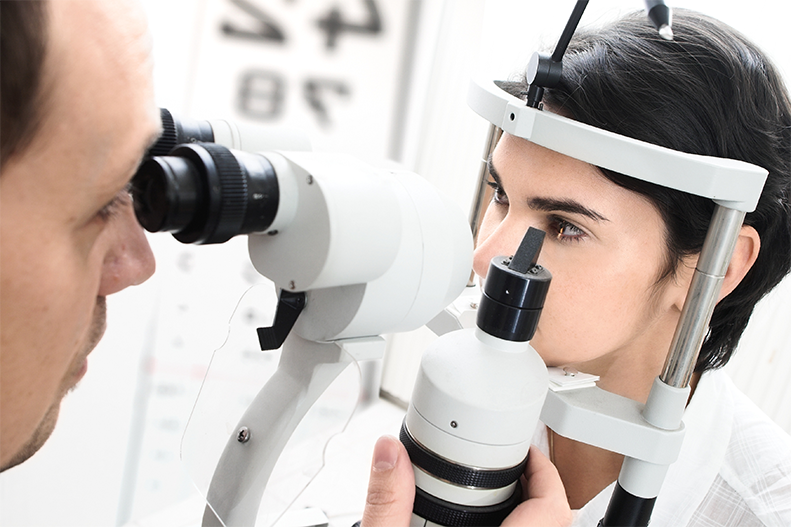

First, you should know the present condition of your eyes, and going for an eye exam is the best way to know whether your eyes need treatment like prescription glasses and medicines. Ideally, you should go for an eye exam every six months so you know whether your activities are straining your eye muscles. Your eye specialist will give a prescription on his findings about your eyes. And your job is to follow that prescription till the next eye exam.
Eat Healthy And Do Exercise
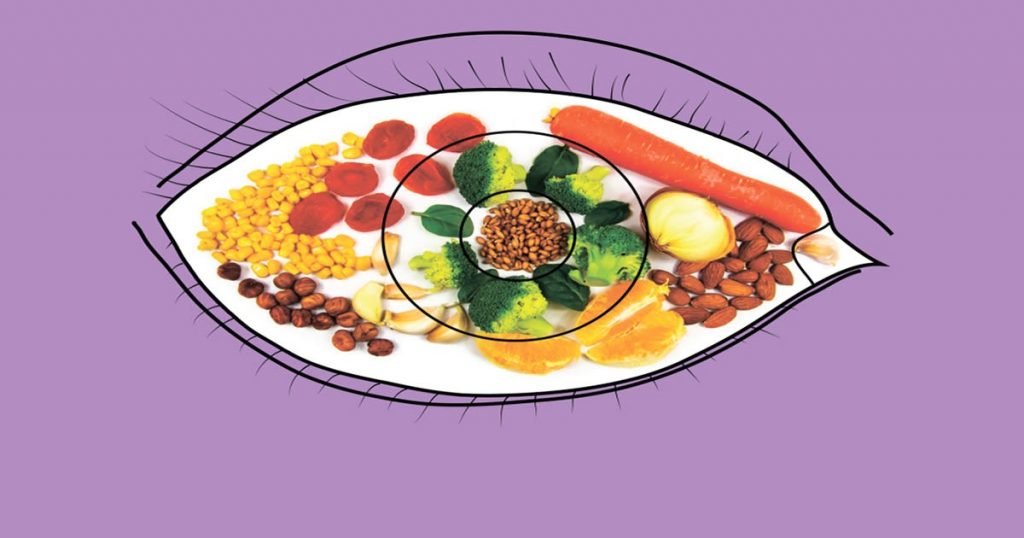

At home, you should take a healthy diet that is good for your eyes. For example, take dark-green leafy vegetables like spinach that are full of antioxidants lutein and zeaxanthin. These nutrients can block harmful high-energy blue light from digital gadgets. Similarly, you should do exercises to relax your eye muscles and maintain your overall health. Together with the right prescription and healthy habits, you can improve the condition of your eyes when you go for the second eye exam.
Wear Sunglasses With UV Protection


Your eye specialist won’t give a prescription for wearing sunglasses when going out in the sun because it is your responsibility to protect your eyes from the harmful UV rays that can develop cataract. As you age and depending on your screen time you are more prone to developing cataract. But you can maintain your eyes in good health by taking necessary care that includes protecting your eyes from direct sunlight that contains UV rays.
Limit Your Digital Exposure
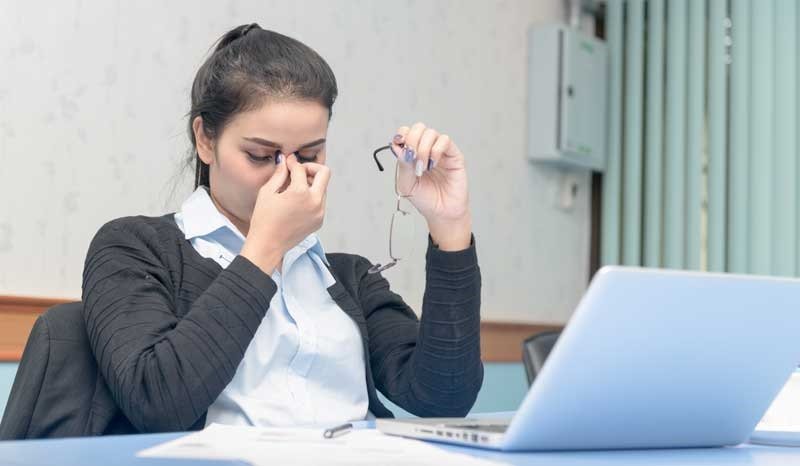

Try to limit your digital exposure like working on a computer, checking social media on your phone, and watching online content. There is no dearth of digital content but there is a limit to your eyes. Also, you should maintain a safe distance of 20-24 inches from your laptop screen to prevent digital light from straining your eyes. Another important thing is to maintain the 20-20 rule that says you should take a 20-second break every 20 minutes of focusing on a digital screen.
Keep Your Eyes Well Moisturized
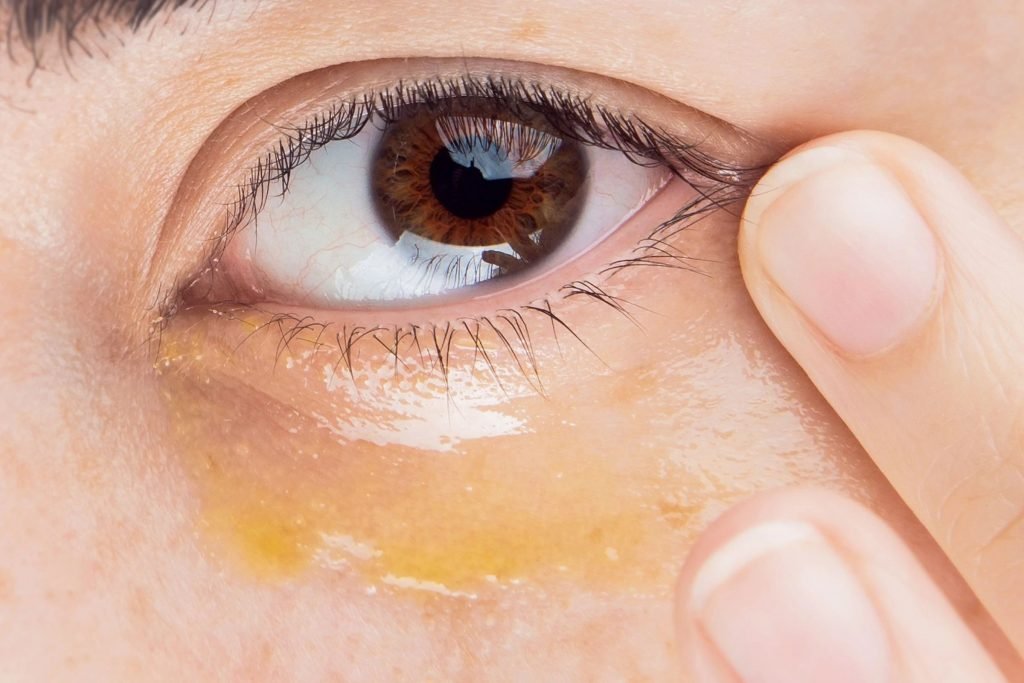

Tears flowing down from your oil glands lubricate your eyes. But these glands could get clogged as you age due to excessive straining of your eye muscles. Also, the volume and quality of tears decrease with aging. But you can keep your eyes well moisturized with a warm compress. Simply wet a washcloth with warm water and press it against your eyelids to increase the volume and quality of your tears. This exercise will prevent dry eyes.
Take Proper Sleep For Primary Eye Care


All the precautions taken will get good results only when you take proper sleep. Your eyes need at least eight hours of shut-down time to stay healthy. You should prioritize your work so you get ample time to take a rest. Not taking proper sleep will lead to bloodshot eyes and puffy lids. Also, fluids circulate and hydrate your eyes when you sleep. You will feel fresh and energized after taking proper rest every night.
Remove Your Contacts Before Taking Shower
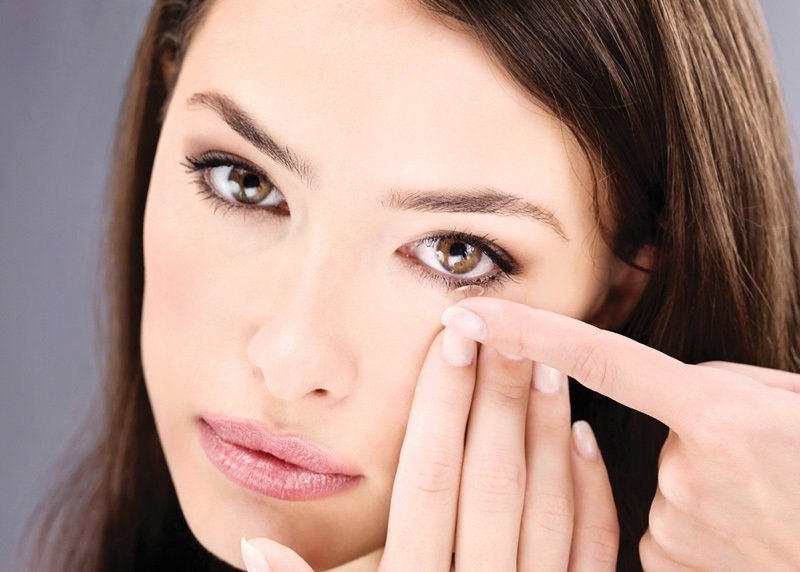

If you wear contacts, you shouldn’t forget to remove your contacts before going to shower, swimming, or even wetting your face. Contact lenses can absorb bacteria and parasites that could be present in the pool or overhead tank. Contact lenses act as a sponge. They can irritate your eyes on getting wet. Also, the pollutants in the water could sit on the contacts and cause severe infection in your eyes.
Practice Good Primary Eye Care
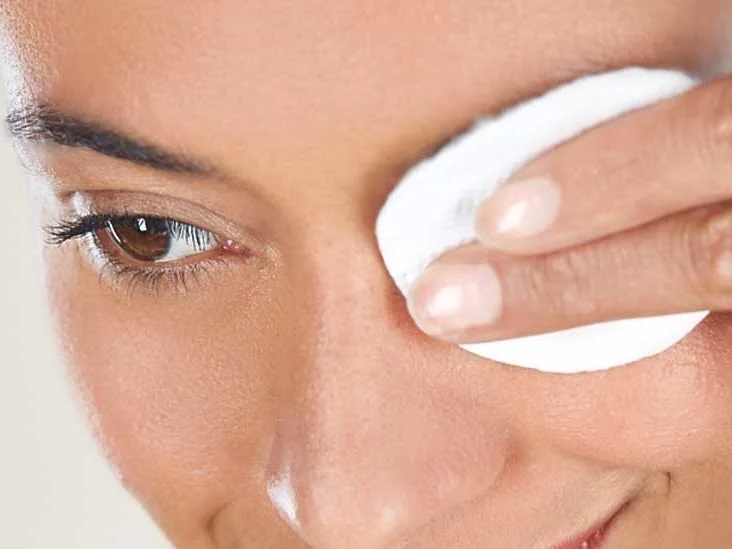

First, you should never touch your eyes without washing your eyes. Second, you shouldn’t leave any trace of makeup around the eyes. Also, you should eye makeup only when necessary. You can infect your eyes with your hands. Similarly, traces of makeup can create problems if they come in contact with your eyes. Always, wash your hands before touching your eyes and always wash your face before going to bed.
Don’t Smoke For Primary Eye Care


Quit smoking, if you do as it is harmful to your eyes. Smoking damages blood vessels that take fresh oxygenized blood to the eyes. Also, it can accelerate age-related macular degeneration (AMD). It is so because cigarettes contain more toxins that cause oxidative stress that can interrupt the proper supply of blood to your eyes. Also, smoking can damage the tear film responsible for lubricating your eyes.
Wear Safety Glasses


Just like you have sunglasses for protection against UV rays, you should keep a good pair of safety glasses while working. Whatever work you do like cooking, repairing, and tailoring, you should always wear safety glasses so you don’t harm your eyes with tools or residual material. If you follow all these tips and take all necessary precautions, you can keep your eyes healthy even at an advance age. For example, you can detect eye problems in advance and take medicines to control the problems.



